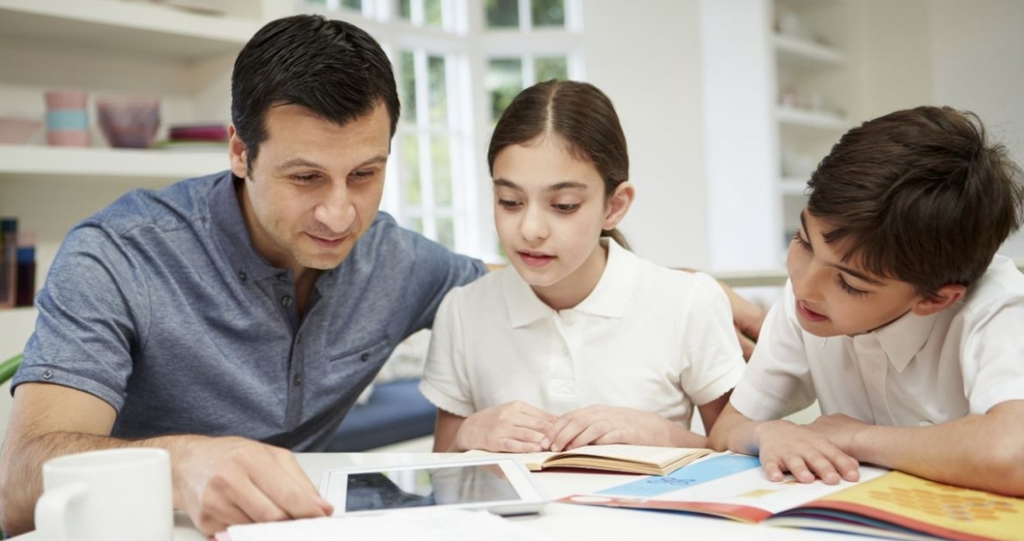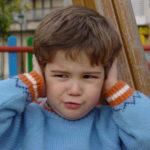Homeschooling is a complex phenomenon, difficult to represent in a single concept; I will try to frame it here and, as far as possible, to account for its main articulations. It consists of an educational and educational and learning practice that develops and takes place mainly outside the school system.
The child or the homeschooler kid, by definition, does not attend any school on a regular basis. This is the element that unites all those who use homeworking.
The term Homeschool, or rather Homeschooling, is not synonymous with “home schooling”, even if we write it Home School.
In fact, the instruction with standardized and predefined curriculum, coinciding with a quantifiable, evaluable, programmable teaching, directed by an adult in the role of teacher (tutor or tutor), a sort of school in the home or private, is only one of the multiple ways of this approach.
There are many other possibilities, even very different from each other. Each family chooses legitimately, or sometimes discovers, invents, the one that best suits one’s own offspring and one’s own situation.

Without claiming to be exhaustive, at least two other main types of homeschooling can be identified, in addition to home schooling …
Self-guided learning (natural, spontaneous)
That approach in which the child is the protagonist of all the phases of their journey. The parent, far from excluding themselves from this process and limiting themselves to letting their son grow in the wild, follows him with a collaborative spirit, love and wisdom, supporting his curiosity and in general his need to learn and allowing access to places and sources of knowledge. This mode is implemented not in a dedicated place, but in everyday reality, within the social system, in the various groups with which the child relates.
In this typology there is no standard or pre-programmed curriculum, but only personal and unique evolution of each, which springs spontaneously from the relationship with people, nature, society, the city, life. In this type of homeschooling (the so-called unschooling), learning is not quantifiable, nor assessable or comparable according to objective or standard grids, but only in complex and declining terms on the person; however it has the pervasive force and the persistence of all things done with pleasure.
The learning that takes place as a response to personal curiosity develops those skills to ask questions, to investigate, to look beyond the surface, to find answers, to experience solutions and learn from their mistakes, comparative ability, critical spirit and learning to learn. One learns by living, immersed in complexity in becoming and in relationships; then the interconnection between the various aspects of reality is a foregone fact and not a goal to be conquered in retrospect.
Education with personal curriculum
It is the modality that puts the learner at the center of the process with his needs and aspirations. Based on the latter, the parent constructs the personal path of the child. In this case the adult is a guide, as the organizer of the process: it is he who indicates the path to follow, who chooses and programs, for example, laboratories, activities, visits to museums, readings, all centered around a main theme that interests the boy. This way of proceeding is reassuring for the adult, as it is quite quantifiable, comparable and verifiable, although at least partly personalized and oriented to the needs of the child. Ample space is given to the social and relational dimension, which is implemented through the attendance of heterogeneous and enriching groups, places and contexts.
None of these types is better or worse, none is more “truly homeschooler”: they all have their own dignity, they have advantages and disadvantages, both for their children and for their parents, they all have among their theorizers authoritative pedagogics, teachers, experts. All are well documented in the history of homelessness and humanity.
Home schooling, self-guided learning, education with personal curriculum are not abstract and isolated formulas to be dropped into reality, but typologies inspired by them to reinterpret them. Most often they intersect, complement and enrich, both with each other, both with external contributions.
Therefore there are forms of self-guided learning integrated with moments of school at home, for example, in some areas (say, in the foreign language or in mathematics), through online courses or occasional “lessons”. Or there may be situations where personal curriculum education integrates with home schooling. Others in which it integrates with unschooling, with infinite gradations.
There are also experiences of homeschooling open to collaboration with the school’s educational institution in which the child has the opportunity to participate as an auditor in some lessons or in which he can access laboratories or public school facilities / facilities. There are also stories of homeschooler kids taking part in school trips or meeting peers within their class.
Homeschooling is not a single thing, it uses different methods and contributions, pedagogical approaches of various origins and inspiration.
In general, rather than subdivide, label, catalog and contrast, it is a question of finding moments of synergy, integration and collaboration.
Only in this way can the world of education and education find new life, be enriched by increasingly innovative contributions and solutions to help grow open and conscious communities.



